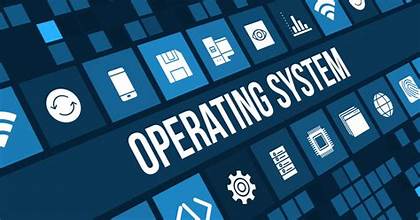
C++ is a general-purpose programming language that was developed as an extension of the C programming language. It was created by Bjarne Stroustrup at Bell Labs in the early 1980s. C++ builds upon the features of C while adding object-oriented programming (OOP) capabilities and other features. Here’s a detailed overview of C++ and its history:
- Origin and Development:
- In 1979, Bjarne Stroustrup, a Danish computer scientist, began developing C++ as an extension of the C programming language while working at Bell Labs.
- The primary motivation behind the creation of C++ was to add support for object-oriented programming (OOP) concepts such as classes, objects, inheritance, and polymorphism to the C language.
- Stroustrup’s initial version of C++ was called “C with Classes,” as it introduced classes as a mechanism for organizing data and functions into reusable modules.
- C++ evolved over time through a series of standardizations, with the first standardized version, C++98, published by the International Organization for Standardization (ISO) in 1998.
- Key Features:
- Object-Oriented Programming (OOP): C++ supports OOP principles, including encapsulation, inheritance, and polymorphism, allowing developers to create modular, reusable, and maintainable code.
- Strong Typing: C++ is a statically typed language, meaning variable types are checked at compile time, which helps catch errors early in the development process.
- Efficiency: C++ provides low-level control over system resources and memory management, making it suitable for performance-critical applications such as system software, game development, and embedded systems.
- Standard Template Library (STL): C++ includes a powerful library of data structures and algorithms, known as the Standard Template Library (STL), which provides containers, iterators, algorithms, and other utilities for common programming tasks.
- Compatibility with C: C++ is backward compatible with C, meaning C code can be seamlessly integrated into C++ programs, and C++ programs can call C functions and libraries.
- Standardization:
- The C++ language has undergone several standardization efforts to define its syntax, semantics, and libraries. The ISO/IEC 14882 standard, commonly known as the C++ Standard, specifies the requirements for a conforming implementation of C++.
- Subsequent versions of the standard include C++03, C++11, C++14, C++17, and C++20, each introducing new features, improvements, and clarifications to the language.
- Applications:
- C++ is widely used in various domains, including system programming, game development, operating systems, desktop applications, embedded systems, high-performance computing, and financial software.
- Popular software written in C++ includes the Windows operating system, Microsoft Office suite, Adobe Photoshop, video games (e.g., Unreal Engine, Unity), and many others.
- Community and Ecosystem:
- C++ has a large and active community of developers, educators, and enthusiasts who contribute to its evolution, share knowledge, and provide support through online forums, conferences, and user groups.
- The C++ ecosystem includes a vast array of libraries, frameworks, tools, and resources that facilitate C++ development, such as Boost, Qt, LLVM, and Visual Studio.
In summary, C++ is a versatile and powerful programming language with a rich history, renowned for its efficiency, performance, and flexibility. It continues to be a popular choice for developing a wide range of applications, from low-level system software to high-level user interfaces, and remains an essential tool in the toolkit of many software developers and organizations.




